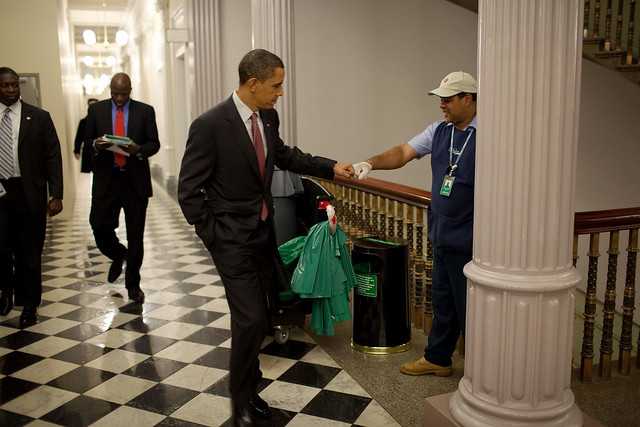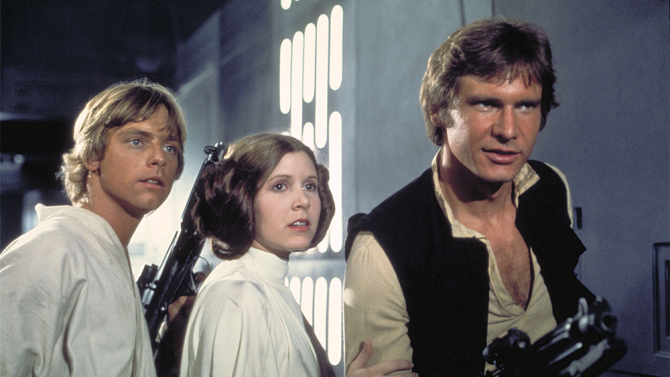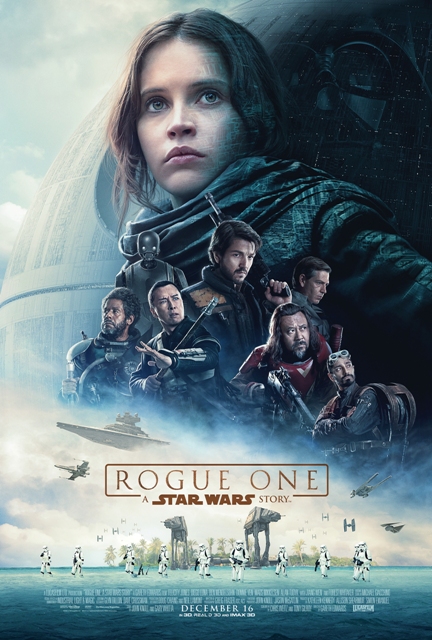A couple weeks back, I did something I’ve never done before: I sent an email to the President of the United States.
I didn’t expect a response. Honestly, I didn’t even expect that he would see it with his own eyes, as opposed to some anonymous staffer. Nevertheless, as I contemplated the waning days of Barack Obama’s presidency, I experienced a sense of personal connection and impending loss that was unlike anything I’ve ever felt for an an outgoing president. I felt compelled to reach out and say a few things to the man.
History and hindsight will be the ultimate judges of whether Obama was a good president, and what lasting impact his presidency may have. Personally, I think the future is probably going to look upon him quite favorably. (If anyone reading this happens to disagree, well, in the immortal words of The Dude, that’s just, like, your opinion, man.) I won’t pretend I wasn’t occasionally frustrated or disappointed by him. He flat-out failed to deliver on one of his campaign promises that meant a lot to me: Our extra-national gulag at Guantanamo Bay remains in operation, its handful of remaining inmates trapped in a legal Phantom Zone and the very existence of the thing a blot on America’s moral character. But given the resistance he faced in Congress to quite literally everything he proposed, I really can’t lay the blame for this one at his feet. Also, I wish he’d been more effective at selling his administration’s achievements and countering the other side’s non-stop avalanche of disinformation that’s led to some people actually thinking, among other things, that “Obamacare” and the ACA are two different things. But again, that’s not all on him. The Democrats in general have failed on this point. Finally, I wish he hadn’t been so doggedly determined to keep reaching across the aisle when the Republicans made it very clear from the very beginning that they were not, under any circumstances, going to work with him. There were times when he looked like Charlie Brown chasing after that damned football, with all of us knowing that Republican Lucy was just going to jerk it away and send him flying through the air again. It was embarrassing, frankly… and watching good progressive ideas get whittled away compromise by compromise (and still failing to pass) was pretty damn infuriating. But it was his belief in the inherent goodness of people, and in their willingness to listen to a rational appeal — his optimism that he could bridge the partisan divides that had opened up during the George W. Bush and Clinton administrations — that drew me to him in the first place. As satisfying as it might have been to hear him tell Mitch McConnell to go screw himself, that’s not the man I originally voted for.
In the end, Obama did not change the country as much as many of us hoped he would. Partisan tribalism is worse than ever, everybody is pissed off about everything, and “post-racial America” turned out to be a cruel fantasy. Indeed, his mere existence in the Oval Office seemed to draw out the very worst elements of this country from whatever dank hole in which they’d been hibernating. There’s no question in my mind that the incoming administration is the product, at least in part, of a backlash against whatever social progress the Obama administration did manage to foster. And all of that is immensely disappointing. I really hoped eight years ago that we were more evolved than that as a nation, and I can’t help feeling like we let him down, not the other way round, because we just weren’t ready for what he represented. But no matter what happens in the next four years, the Obama administration will always be a turning point in this country’s history. He was the first non-white president, and nothing is ever going to change that; I’m still proud of him for that achievement, and proud of this nation for taking a step forward by electing him. I hope I live long enough to see another such step forward, whether it’s another person of color or a woman, or perhaps even both.
I’m proud of him for much more than being an interesting statistic, though. Of the four presidents I’ve seen in my adult life — indeed all the presidents of my lifetime — Barack Obama is the one I most admire as a human being. His intellect, his sense of humor, his down-to-earth decency (so wonderfully evidenced by the photo above)… the fact that his administration remained scandal-free for eight years, that I didn’t have to make any excuses for him as I so often have for the last Democratic president… his dedication to his wife and children, the very embodiment of family values… and the dignity and unflappably cool head he so consistently showed in the face of unprecedented disrespect and obstruction from his political opponents… by all those measures, I would say Obama has been an extraordinary president. And I’m going to miss him.
Thanks, Obama. Sincerely.






